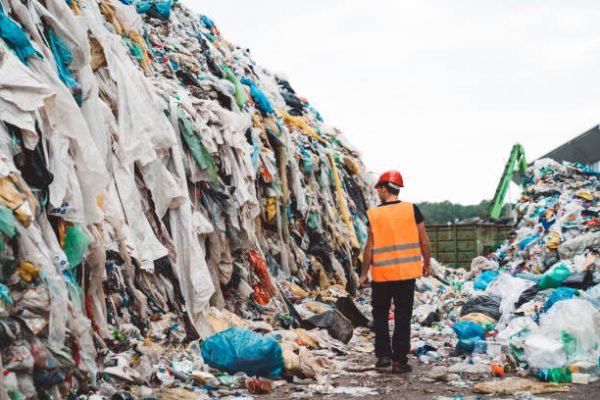The fashion industry is one of the largest industries in the world, with an estimated global value of $2.5 trillion. However, this industry has a significant impact on the environment, with fast fashion being one of the biggest culprits. Fast fashion refers to the production of inexpensive, trendy clothing that is quickly manufactured and sold in large quantities. On the other hand, slow fashion is a movement that promotes sustainable and ethical fashion practices.
Impact of Fast Fashion

Fast fashion has a significant impact on the environment due to its high production volume and low quality. The production process of fast fashion involves the use of synthetic materials, such as polyester, which are non-biodegradable and can take hundreds of years to decompose. Additionally, the production process generates a large amount of waste, including water pollution and greenhouse gas emissions.
Another environmental impact of fast fashion is the disposal of clothing. Due to the low quality of fast fashion clothing, it has a short lifespan and is often disposed of after a few wears. The disposal of clothing contributes to the growing problem of textile waste, which is a major environmental issue. Textile waste takes up valuable landfill space and contributes to greenhouse gas emissions.
Benefits of Slow Fashion

Slow fashion is an alternative to fast fashion that promotes sustainable and ethical fashion practices. The slow fashion movement emphasizes the use of eco-friendly materials, such as organic cotton and hemp, which are biodegradable and have a lower impact on the environment. Additionally, slow fashion encourages the use of local production, which reduces transportation emissions and supports local economies.
Another benefit of slow fashion is the focus on quality and longevity. Slow fashion clothing is often made with higher quality materials and is designed to last longer than fast fashion clothing. This reduces the need for frequent replacement and ultimately reduces textile waste.
Fast fashion has a significant impact on the environment, with its high production volume and low quality contributing to waste and pollution. The slow fashion movement is an alternative that promotes sustainable and ethical fashion practices, emphasizing the use of eco-friendly materials and local production. By choosing slow fashion over fast fashion, consumers can reduce their impact on the environment and support a more sustainable fashion industry.





